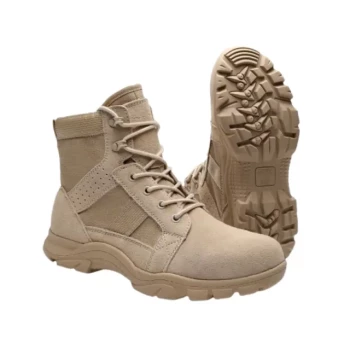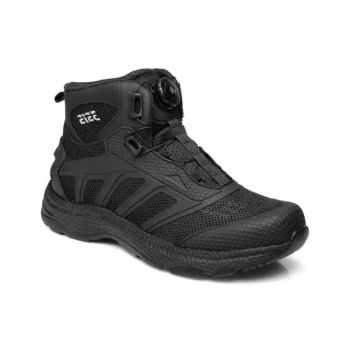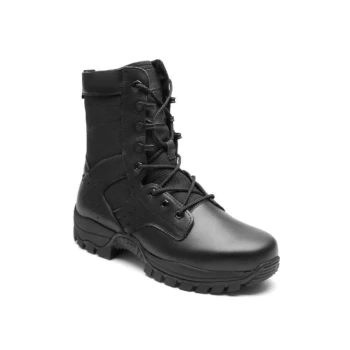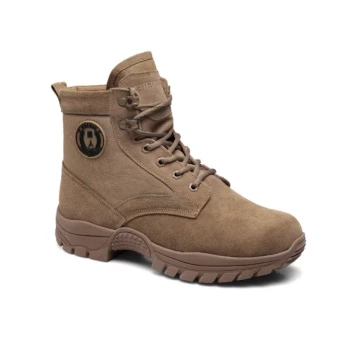Natural rubber wellington boots offer a superior combination of structural flexibility, thermal insulation, and long-term durability that synthetic materials like PVC cannot match. Primarily, they provide a fully waterproof barrier that retains its elasticity even in cold temperatures, ensuring the boot moves with your foot rather than restricting it.
Natural rubber is the definitive choice for users who view their footwear as a long-term investment rather than a disposable commodity. While the initial cost is higher, the material offers a unique balance of rugged performance, ergonomic comfort, and environmental sustainability.
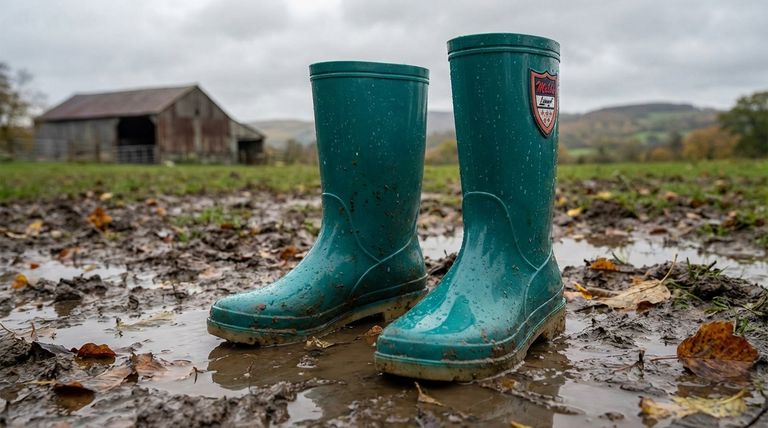
The Performance Advantage
Superior Flexibility and Ergonomics
Synthetic boots often feel rigid, leading to fatigue during long periods of wear. Natural rubber possesses inherent elasticity.
This allows the boot to mold to the shape of the wearer’s leg and foot. The result is a fit that offers support without restricting movement, particularly important when navigating uneven or muddy terrain.
Thermal Insulation and Comfort
One of the distinct properties of natural rubber is its ability to retain heat.
Unlike thinner plastic alternatives, rubber provides a substantial layer of insulation against cold water and mud. Many high-end models also feature organic cotton linings, enhancing breathability and preventing the clamminess associated with non-porous synthetics.
Traction and Stability
Safety in wet conditions relies heavily on grip. Natural rubber compounds are naturally "tacky" and can be engineered into deep treads.
This provides excellent anti-slip performance. Whether in a muddy field or on a wet deck, rubber outsoles offer reliable stability where harder plastics might slide.
Durability and Chemical Resistance
The Role of Vulcanization
High-quality rubber boots undergo a process called vulcanization. This chemical process strengthens the rubber, making it harder and more resilient while maintaining flexibility.
This prevents the material from becoming brittle or losing its shape over time. Vulcanized rubber resists the cracking and splitting that frequently plague cheaper, unreinforced footwear.
Anti-Corrosion Properties
Natural rubber offers robust anti-corrosion performance. It is highly resistant to many organic compounds and agricultural substances.
This makes it an ideal material for farming or industrial environments where boots are exposed to harsh elements. The material acts as a durable shield, protecting both the foot and the integrity of the boot itself.
Environmental Implications
Biodegradability
In an era of fast fashion and plastic waste, natural rubber stands out as a renewable resource. It is tapped from rubber trees (Hevea brasiliensis) rather than refined from petroleum.
Consequently, natural rubber is biodegradable. At the end of its lifecycle, it breaks down naturally, unlike PVC (polyvinyl chloride) boots which contribute to long-term landfill mass.
Less Toxic Production
The production of natural rubber is generally less toxic than the synthesis of plastics.
Choosing natural rubber supports a supply chain that avoids the heavy chemical processing required for synthetic waterproof materials. This makes it a vegan-friendly and eco-conscious option for the ethical consumer.
Understanding the Trade-offs
Higher Upfront Cost
Quality comes at a price. Producing and refining natural rubber is more labor-intensive than mass-producing molded plastic.
Therefore, natural rubber boots are significantly more expensive than PVC options. You are paying for the material's longevity and performance properties.
Weight Considerations
Natural rubber is denser than PVC or EVA foam.
This means the boots are generally heavier. While the improved fit often mitigates the feel of this weight, users accustomed to ultra-lightweight synthetic boots may notice the difference during extensive walking.
Making the Right Choice for Your Goal
To ensure you select the correct footwear for your specific needs, consider your primary usage scenario.
- If your primary focus is heavy-duty outdoor work: Choose natural rubber for its vulcanized durability and ability to withstand aggressive terrain without cracking.
- If your primary focus is cold-weather comfort: Prioritize natural rubber for its superior thermal insulation properties compared to thin synthetics.
- If your primary focus is environmental impact: Select natural rubber to ensure your footwear is renewable, biodegradable, and free from petroleum-based plastics.
Natural rubber boots represent the convergence of traditional craftsmanship and functional utility, offering the most reliable protection for serious users.
Summary Table:
| Advantage | Key Feature | Benefit |
|---|---|---|
| Durability & Flexibility | Vulcanized Natural Rubber | Resists cracking, maintains shape, and moves with your foot. |
| Comfort & Safety | Thermal Insulation & Tacky Grip | Keeps feet warm and provides superior anti-slip traction. |
| Environmental Impact | Biodegradable & Renewable | A sustainable choice that breaks down naturally, unlike plastics. |
Ready to equip your customers with premium, long-lasting footwear?
As a large-scale manufacturer, 3515 produces a comprehensive range of natural rubber wellington boots for distributors, brand owners, and bulk clients. Our production capabilities ensure you receive footwear that combines superior durability, ergonomic comfort, and environmental responsibility.
Contact 3515 today to discuss your requirements and leverage our expertise in high-performance footwear manufacturing.
Visual Guide
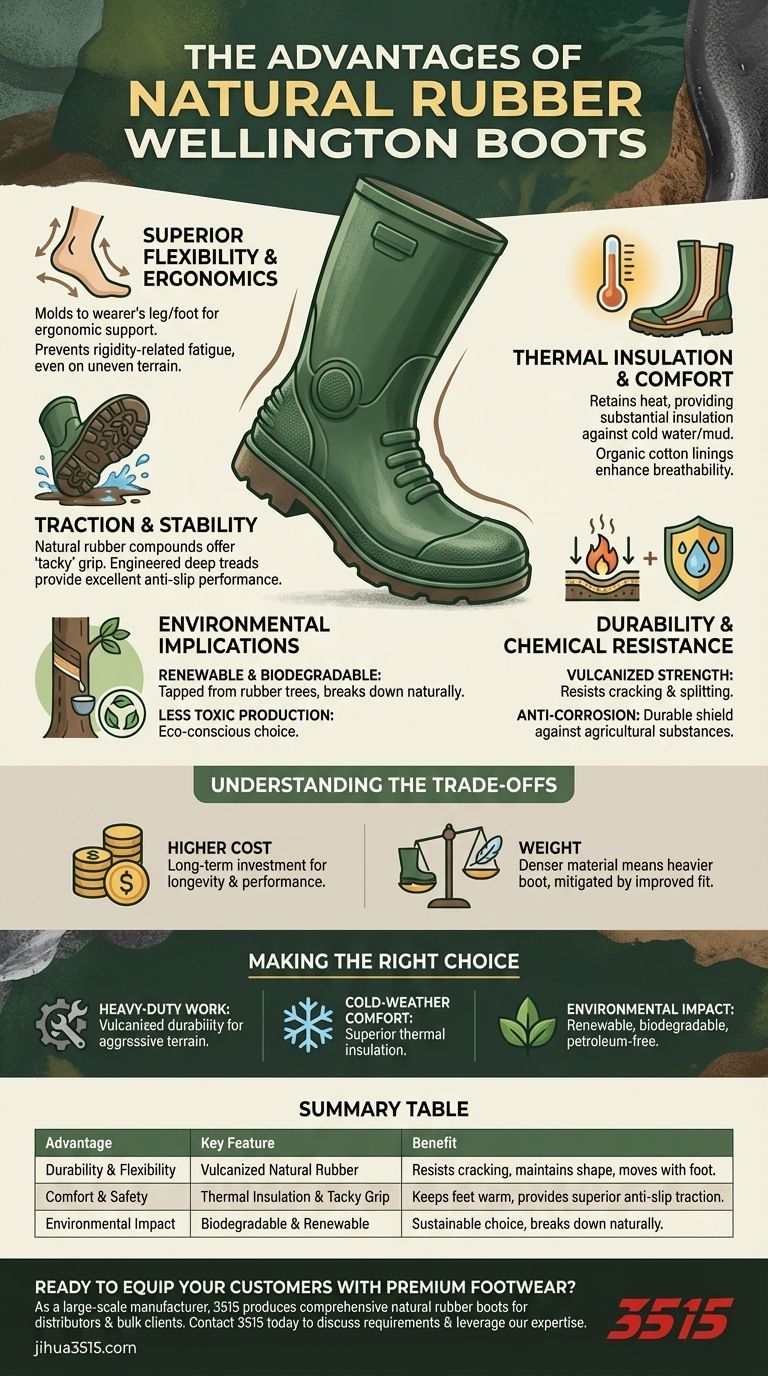
Related Products
- Factory Direct Wholesale Rain Boots Durable Waterproof & Fully Customizable
- Safety Footwear Wholesale Manufacturer for Custom OEM/ODM Production
- Wholesale Waterproof Tactical Boots Custom Suede & High-Traction Soles
- Premium Flame-Retardant Waterproof Safety Boots and Shoes
- Factory-Direct Wholesale Canvas Boots with High-Traction Rubber Soles
People Also Ask
- How does the lightweight nature of PVC boots benefit workers? Reduce Fatigue & Prevent Injury
- What are the advantages and disadvantages of wellington boots with zips? Weighing Convenience vs. Durability
- What materials are commonly used in premium Wellington boots? Natural Rubber & Neoprene for Superior Performance
- How did Wellington boots transition to civilian use? A Lesson in Innovation and Adaptation
- What are the advantages of PVC wellington boots? Discover the Perfect Blend of Affordability & Waterproofing
- What are duck boots? The Ultimate Hybrid Footwear for Wet Conditions
- What are the advantages and disadvantages of cotton-lined wellington boots? Find Your Perfect Fit for Comfort and Versatility
- What material are Wellington boots made from? The Key to Durability, Comfort & Eco-Impact






